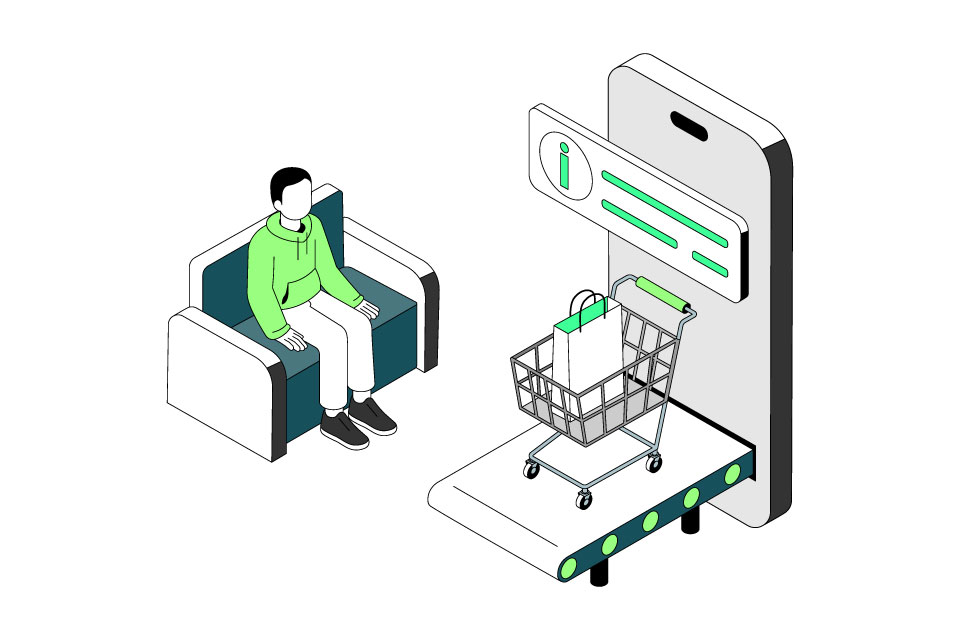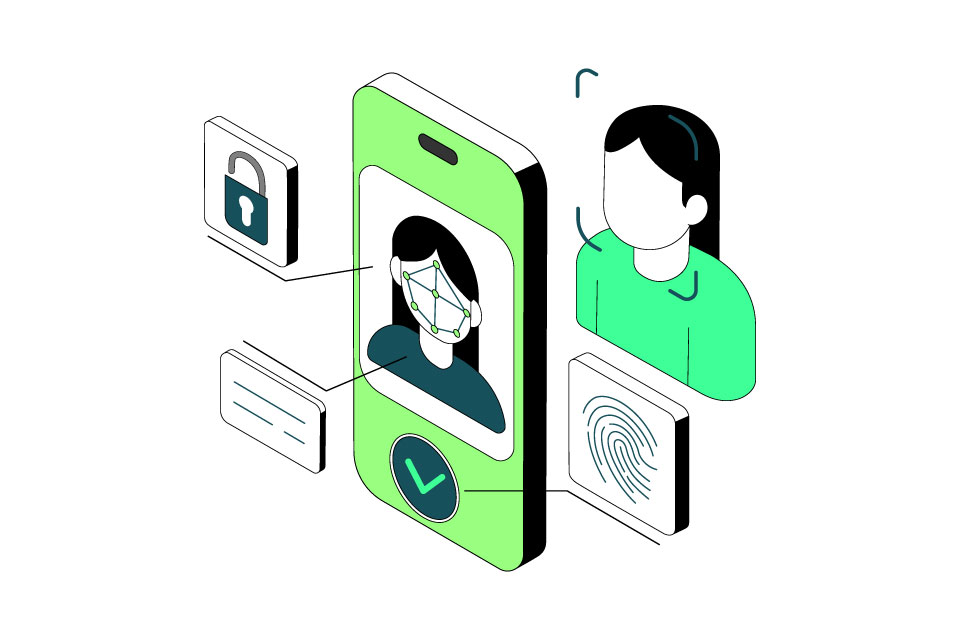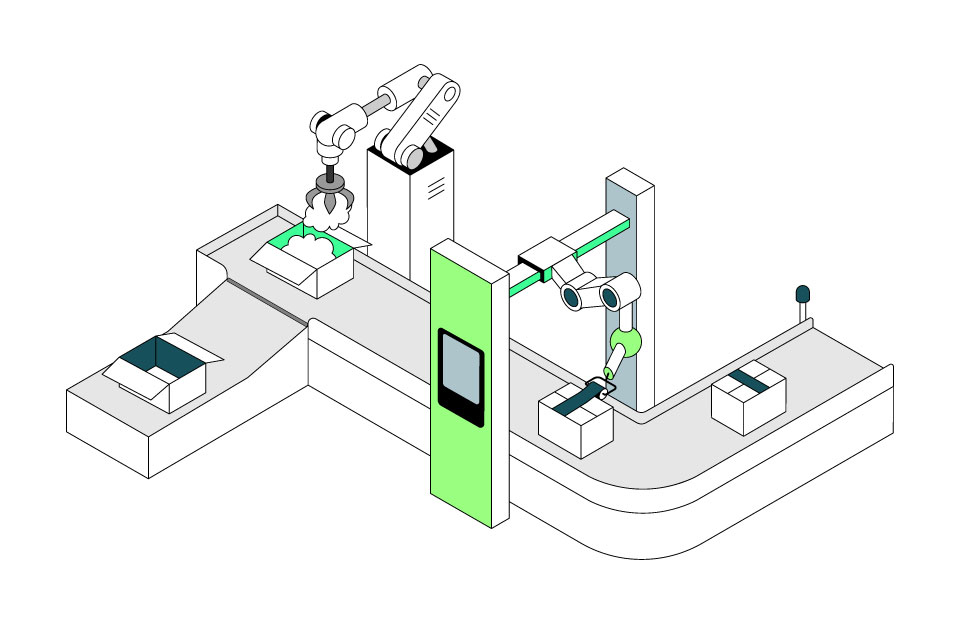
In today’s digital age, cyberattacks are inevitable. However, how they are handled and the protections a company has in place speak directly to customer experience and trust.
What’s more, as the economy shifts toward greater personalisation, consumer trust in how their data is handled will become a core determinant of a brand’s resilience and success.
Cyberattacks are not just an operational issue; they represent a serious customer experience challenge. And as M&S, Land Rover and others have found, they affect the bottom line too. The UK’s Q3 GDP figures have also been downgraded, with the Land Rover hack thought to be a primary contributor to this.
Organisations may lose critical customer data central to personalising their offer. Consumers face inconvenience, frustration and potentially identity theft, and fraud. These challenges directly impact the long-term trust customers have in businesses.
A single breach might be forgiven, but customers are unlikely to forgive a brand that suffers a second significant breach. “Once bitten, twice shy,” as they say, and as customers, we expect organisations to learn from mistakes and have a backup plan in place to mitigate the impact on customer operations.
AI, Supply Chains, and the Future of Business
Companies need to invest in robust cybersecurity measures, and by and large, they are. And this is not just about protecting their own operations, but also about ensuring the security of their various supply chain partners. According to AI hardware provider io, 61% of organisations experienced a supply chain breach in the past year.
Given the growing prevalence of this problem, and the headlines around attacks on retailers and manufacturers here in the UK, cybersecurity will remain one of the overriding concerns for businesses in the coming year. Consumers will increasingly expect tangible improvements in cybersecurity, and companies that fail to keep pace with developing threats risk further damage to their reputation.
Reputationally, there is a difference between being able to honestly say you did everything you reasonably could have and still being caught out, versus your organisation being found careless with systems or data security.
Reputation and Data Integrity: The New Currency
Getting this right is imperative because the future (and much of the present) of business lies in personalisation, where organisations tailor experiences based on data insights. However, personalisation is only possible if customers trust businesses with their data and are happy to share it with them.
This is not just a compliance checkbox; it is a fundamental element that supports engagement, loyalty, and growth.
Data integrity is a highly valuable asset for service businesses. Companies need to ensure their data is accurate, secure, and respected to build AI systems and deliver meaningful customer experiences.
Granted, none of this is easy. Our latest UK Customer Satisfaction Index revealed that while only 25% of customers believe that organisations are doing enough to protect their personal data, 44% are frustrated by cybersecurity protocols. Balancing cybersecurity with a smooth customer journey is a considerable – yet vital – challenge.
What Organisations Need to Get Right
Looking ahead, companies should properly prepare for cyber-attacks as a key component of their customer experience strategy.
Organisations also need to be swift, decisive and transparent in their communications during a breach.
Cyberattacks will remain a significant challenge for businesses as customers become more discerning about where they share their data. Businesses that build trust and prioritise data integrity will thrive. Whether the breach originated in your organisation or a supplier’s, in the eyes of the consumer, the responsibility rests with the business they have bought from.
Companies have an obligation – both legal and moral – to protect data, cultivating an environment of trust, verification and transparency throughout their supply chains to ensure their long-term success.


